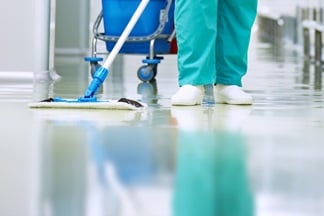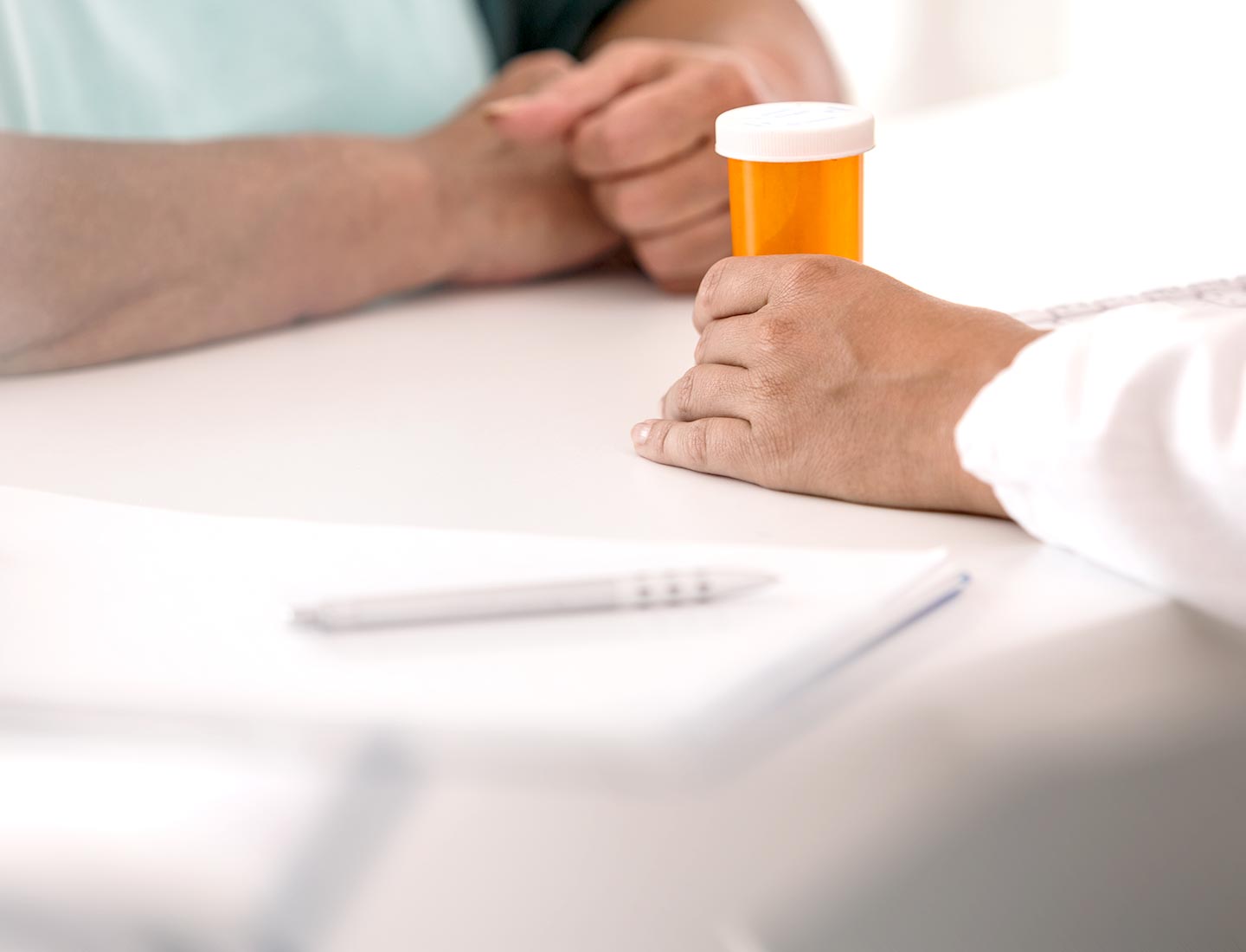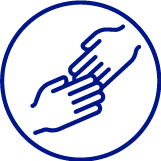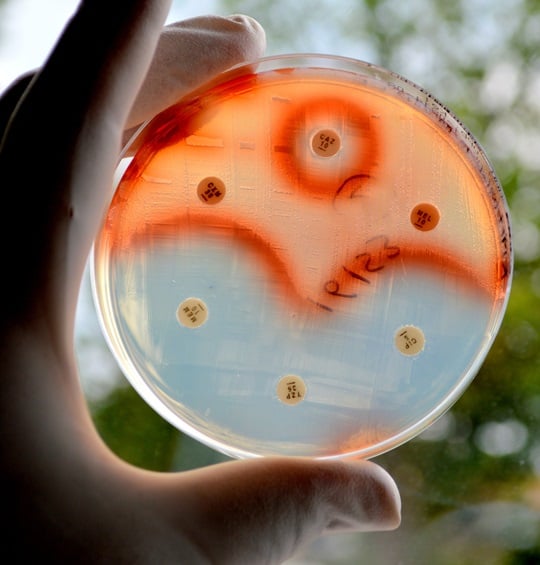Since the very beginning, mankind has fought against infections caused by bacteria, viruses and other pathogens.
This year, one of its representatives - the coronavirus SARS-CoV-2 - made it onto all the front pages and has since dominated the lives of the population and politics in most parts of the world. However, while there are no effective antiviral drugs for SARS-CoV-2, as for many other viruses, the situation is very different for bacteria. Since the first half of the 20th century, we have had a wide range of antibiotics available to effectively treat a wide variety of bacterial infections. For now - because experts are urgently warning that we could lose this advantage. With the constant increase in antibiotic resistance, the risk of potentially life-threatening bacterial infections, which cannot be successfully treated with antibiotics in the future, is also increasing. According to estimates, about 700,000 people worldwide currently die every year from infections with resistant pathogens. By 2050, according to a gloomy forecast of the Review on Antimicrobial Resistance of 2014, this figure could already be 10 million people.






